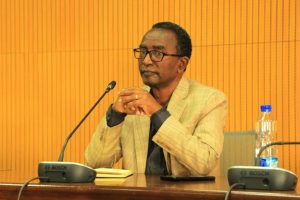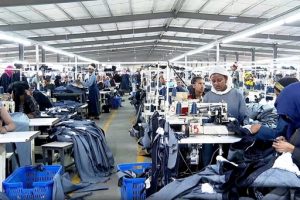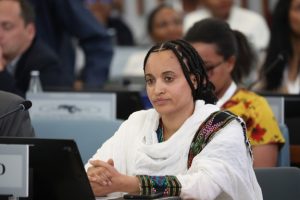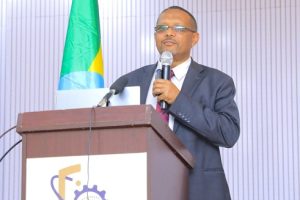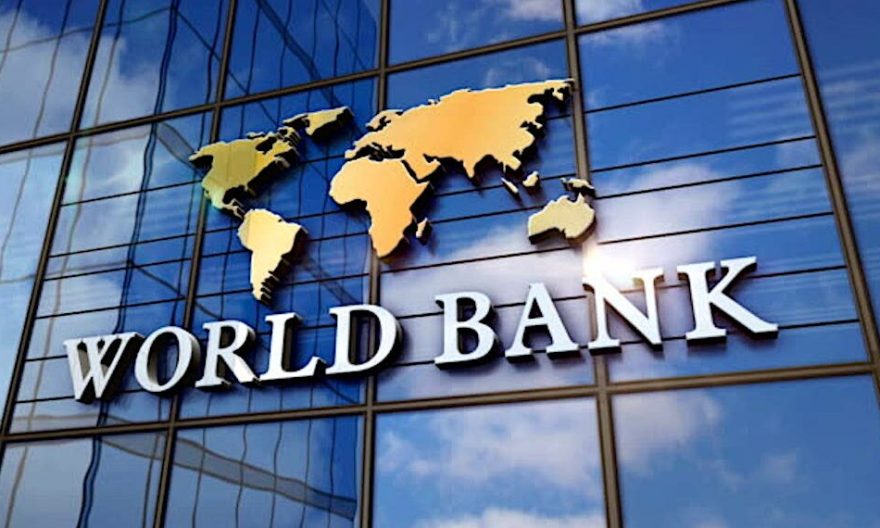
ADDIS ABABA – The World Bank Group (WBG) has financed over 500 million USD budget to support Ethiopia’s renewable energy projects , said the Ethiopian Electric Power (EEP).
EEP Director General Ashebir Balcha told The Ethiopian Herald that there are various organizations and countries that have been extending financial support to Ethiopia’s energy projects . The WBG and the African Development Bank are partners in supporting country’s energy sector.
Recently, the WBG has funded over 500 million USD. Accessing this budget, EEP drafted to launch some 14 new power generation and transmission as well as distribution projects across the country. The fund would contribute highly in overcoming power accessibility problems and others, he said.
Hence, there are public queries to build substations and fulfill power accessibility and others. The realization of these 14 projects would address the problem, he added.
According to him, the country has been working to rehabilitate hydropower projects to boost power generation. As a result, electro mechanical components should get rehabilitation after 20 years service provision. Currently, there are projects that need rehabilitation. For instance, efforts are underway to rehabilitate Tekeze hydropower project to boost power generation.
Currently, all of energy sources have been yielding 5250MW. The Abbay dam project construction completion would double the current energy capacity. Hence, the construction of Koisha hydroelectric power project completed 65%. Currently, shortage of finance particularly foreign currency exchange has been challenging the project.
However, the government has been eyeing various alternatives to address the problem. And the EEP has been allocating its foreign currency revenue for it. Furthermore, it will commence power generation after three to four years, he underscored.
Ethiopia has been exporting electricity to neighboring countries after fulfilling its local power demand. Currently, it exports only 10% of its energy to neighboring countries and uses 85% of for its local consumption, he expressed.
BY TSEGAYE TILAHUN
THE ETHIOPIAN HERALD SUNDAY EDITION 31 MARCH 2024

